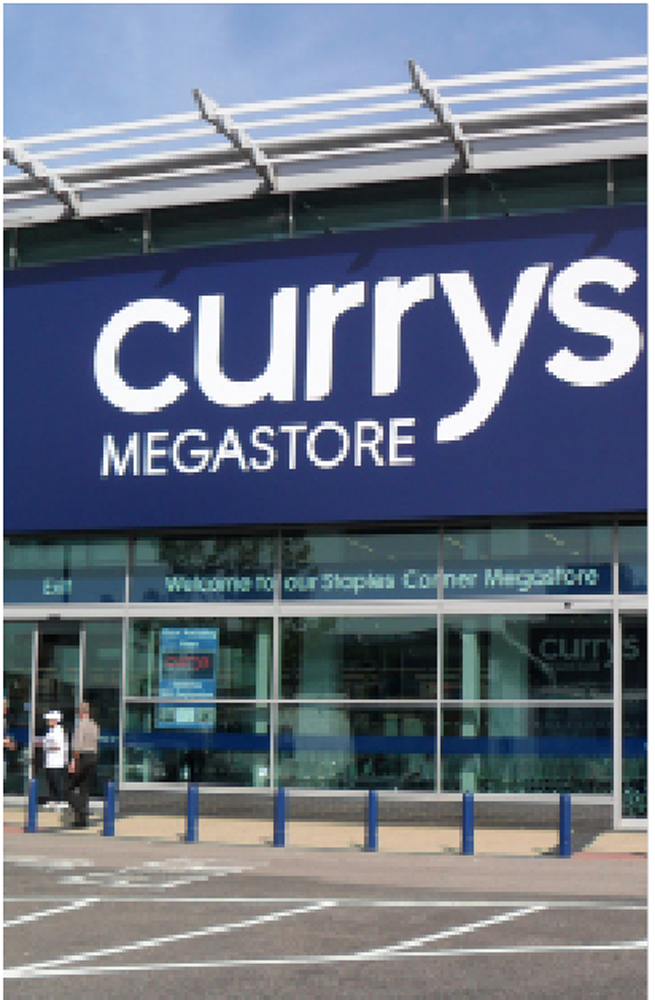Investing
Fund managers’ top picks from the retail sector

It has been a turbulent time for the UK’s big High Street names but there are still plenty of opportunities for savvy investors.
The retail sector has faced an onslaught of bad news over the last few years as a string of household names from Woolworths to HMV were forced into administration.
Recent data shows the conflicted state of UK retailing. Retail sales across the UK have risen for five consecutive months according to data from the benchmark BRC-KPMG Retail Sales Monitor, but some of the country’s biggest retailers have struggled to grow sales.
Next cautioned this year will be “subdued” for the high street, pointing to slowing wage growth and unpredictable weather as potential headwinds, even as overall sales remained within its target range.
Last week Marks & Spencer reported a mixed batch of results. Total like-for-like sales rose 0.6% in the first quarter, a modest rise, although clothing sales continue to fall.
Sentiment in the run-up to the results was low, and there was speculation over the future of CEO Marc Bolland if the results had proved particularly bad.
Aviva Investors fund manager Trevor Green said he will continue to hold the stock until its final results are announced in May.
“Over the last two years, £4 has proved the ceiling for the share price. I believe a clearly defined womenswear strategy has to be presented at the finals in May in order to move the share price on. If not, then patience will start to wear thin with shareholders as Bolland has already been given three years to turn the general merchandise side around,” he said.
Niche retailers
However, away from the FTSE 100, some managers are finding niche retailers which have shown they can survive.
Mark Wright, manager of the Fidelity UK Smaller Companies and Fidelity Special Values funds, is a fan of retail and has bought eight stocks across his two funds.
“Retail is an area that is quite big for me. The performance of the shares is very heterogenous so it is a good stock picking area,” he said.
The one retailer he is most excited about is Mothercare. Even though its UK business has struggled with falling sales and been forced to close stores, it has a huge international franchise that is fast overtaking the home market.
He bought the stock in 2011 for his small-cap fund and added it to his value portfolio last year.
“This year will be the first year that international sales are larger than in the UK. Mothercare is very much a turnaround stock because the UK business has been quite heavily loss-making,” he explained.
New management has come in and like-for-like sales in UK stores are beginning to improve, he added. The share price has moved from 160p in May 2012 to trade around 320p in April this year.
Gaming
Wright also likes Games Workshop, a chain of specialist gaming stores, which now make up 2% of both funds.
“It has recovered quite a bit from what was very poor trading in 2006/7. It has quite a different cycle from other retailers,” he said. “It is making about 15% in EBIT terms, which is much higher than historically and has the potential to go higher.”
The business model has been reformulated, with fewer staff in stores and shorter opening hours, while the popularity of fantasy games as a whole should receive a boost from the upcoming The Hobbit films.
“It looks like quite an interesting global growth story but people do not really know the company well because it is quite niche,” he added.
Last man standing
The rise of Amazon to undisputed leader in online retailing has had implications for a number of sectors.
Worst hit, alongside booksellers, are electronics retailers, since the website has made consumer reviews a central part of the decision process for shoppers looking to buy big-ticket items.
Electronics sales on the high street have suffered, and following a protracted attempt to restructure its business, national chain Comet went into administration in November 2012.
However, all is not lost for bricks and mortar sellers, since consumers still want to visit stores to see and touch white goods and small gadgets.
Investors who were quick to spot that the death of Comet did not mean the end of high street electricals sales noticed fellow retailer Dixons (now part of Currys) was streamlining its business.
Dixons has risen from a low of £9.76 in early 2012 to peak at nearly £35 in mid-March this year.
“The survivors that are left are going to be doing so much better,” said Margaret Lawson, manager of the SVM UK Growth fund.
“Dixons is really priced to disappear, but it has benefited from Comet’s demise. Manufacturers decided to be much more supportive of retailers by offering them better terms and not making the latest products available online so customers would have to go to the shops. Dixons has been in the right place at the right time,” she said.
She pointed to Sports Direct as another retailer which has been able to capitalise on its High Street competitors falling by the wayside.
“Sports Direct has been stealing market share. It has also bought brands like Slazenger. They are not top brands like Puma and Nike but they are acceptable and that is where you make the greatest margins.”